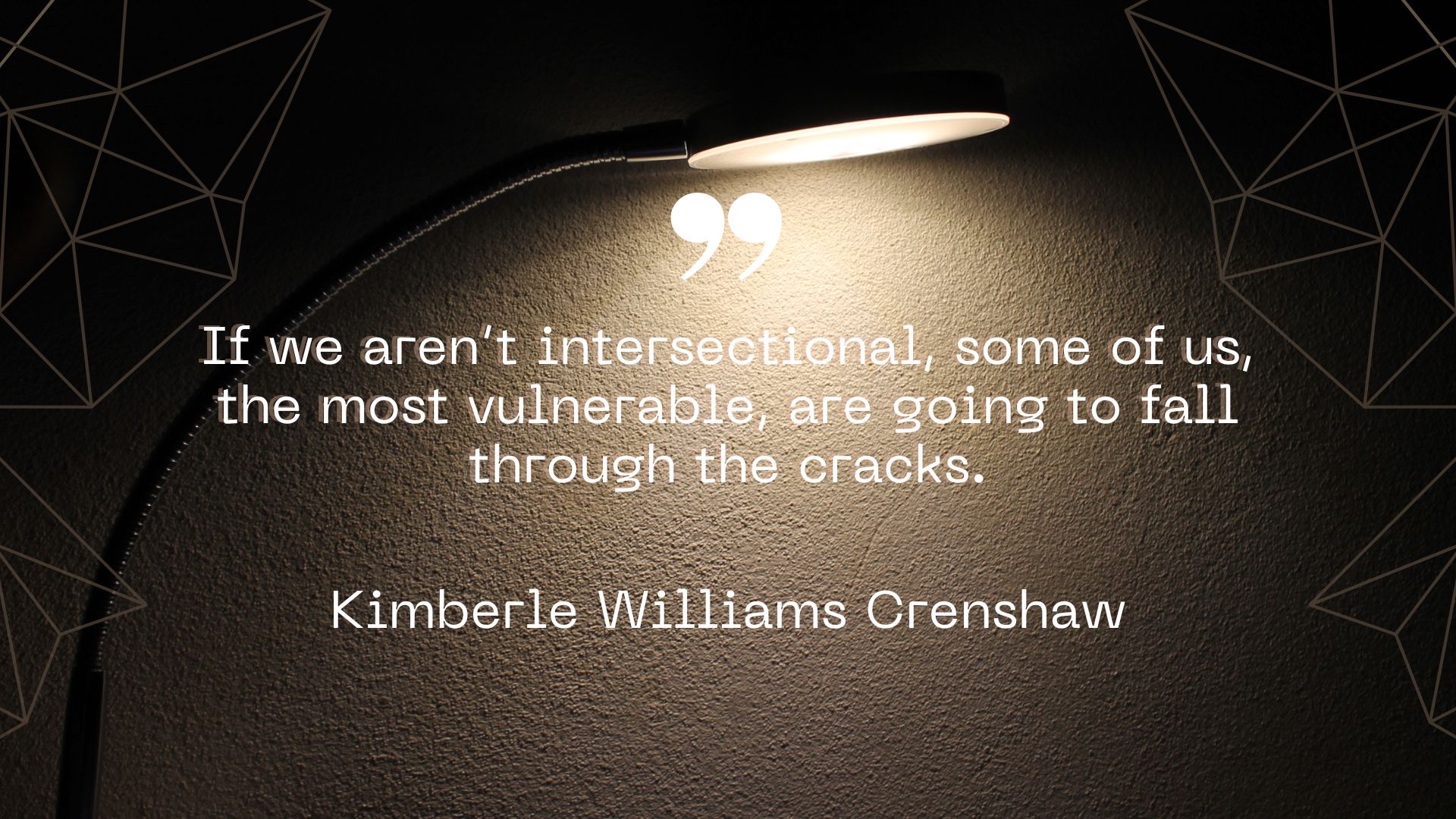No happy man can become miserable, for he will never do acts that are hateful and mean.
Aristotle___
The quote “No happy man can become miserable, for he will never do acts that are hateful and mean” speaks to the relationship between happiness and virtue. In this article, we will explore this quote in detail and provide insights into the connection between happiness and virtuous behavior.
The Relationship between Happiness and Virtue
The quote suggests that happiness and virtuous behavior are closely linked. It argues that a truly happy person will never do acts that are hateful and mean. This suggests that happiness is not just a feeling, but a way of living, and that living virtuously is necessary for achieving true happiness.
The Importance of Virtuous Behavior
The quote emphasizes the importance of virtuous behavior in maintaining happiness. It suggests that happy people are unlikely to engage in acts that are hateful and mean. This implies that virtuous behavior is necessary for maintaining happiness and that people who engage in such behavior are more likely to experience long-lasting happiness.
The Role of Personal Values
The quote also suggests that personal values play a critical role in the relationship between happiness and virtuous behavior. If someone values kindness, for example, they are more likely to act in a kind and compassionate way towards others, which can lead to greater happiness. Similarly, if someone values honesty, they are more likely to behave in an honest and trustworthy way, which can lead to greater trust and happiness in their relationships.
The Importance of Personal Responsibility
The quote also highlights the importance of personal responsibility in the relationship between happiness and virtuous behavior. It suggests that each person is responsible for their own happiness and that virtuous behavior is a necessary component of achieving and maintaining that happiness. This means that individuals must take personal responsibility for their own actions and strive to live virtuously if they wish to achieve lasting happiness.
Conclusion
The quote “No happy man can become miserable, for he will never do acts that are hateful and mean” highlights the close relationship between happiness and virtuous behavior. Virtuous behavior is not only necessary for achieving happiness but also for maintaining it. By living according to personal values and taking personal responsibility for our actions, we can cultivate virtuous behavior and experience greater happiness in our lives.




